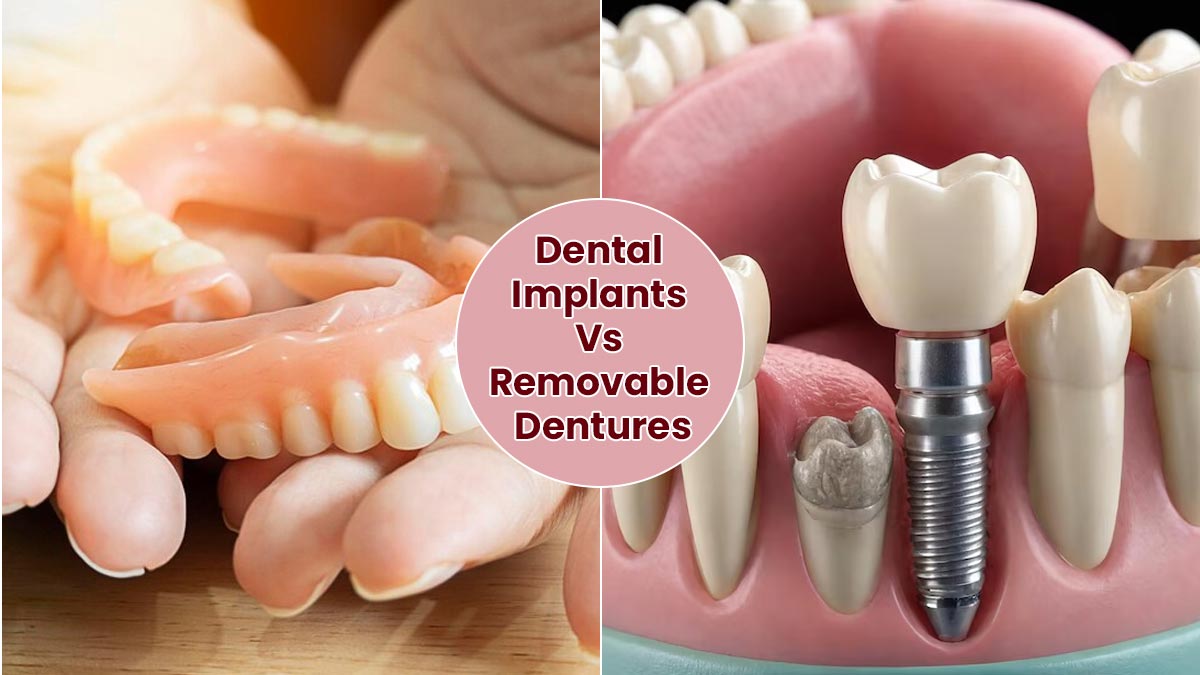
Choosing between fixed dental implants and removable dentures can be tough, especially when each offers different benefits. Implants provide long-lasting stability, while dentures are more affordable and less invasive. To help you decide which option is best for you, we spoke to Dr Raghavendra BR, Consultant – Dentist, Gleneagles BGS Hospital, Kengeri, Bengaluru, who shared a clear comparison of both options. This guide will help you understand which tooth replacement method might be the right fit for you.
Table of Content:-
Fixed Dental Implants

"Fixed dental implants are a modern solution for replacing missing teeth. A titanium post is inserted into the jawbone during these procedures. These implants provide a stable solution that feels similar to natural teeth and eliminates the discomfort associated with removable dentures," said Dr Raghavendra.
According to the StatPearls, a dental implant is a structure composed of synthetic materials, surgically placed into the oral tissues beneath the gum tissue and/or the periosteum, and/or within or through the bone. Its purpose is to offer support and stability for a fixed or removable dental prosthesis.
Pros Of Fixed Dental Implants
Dr Raghavendra listed the benefits of fixed dental implants as follows:
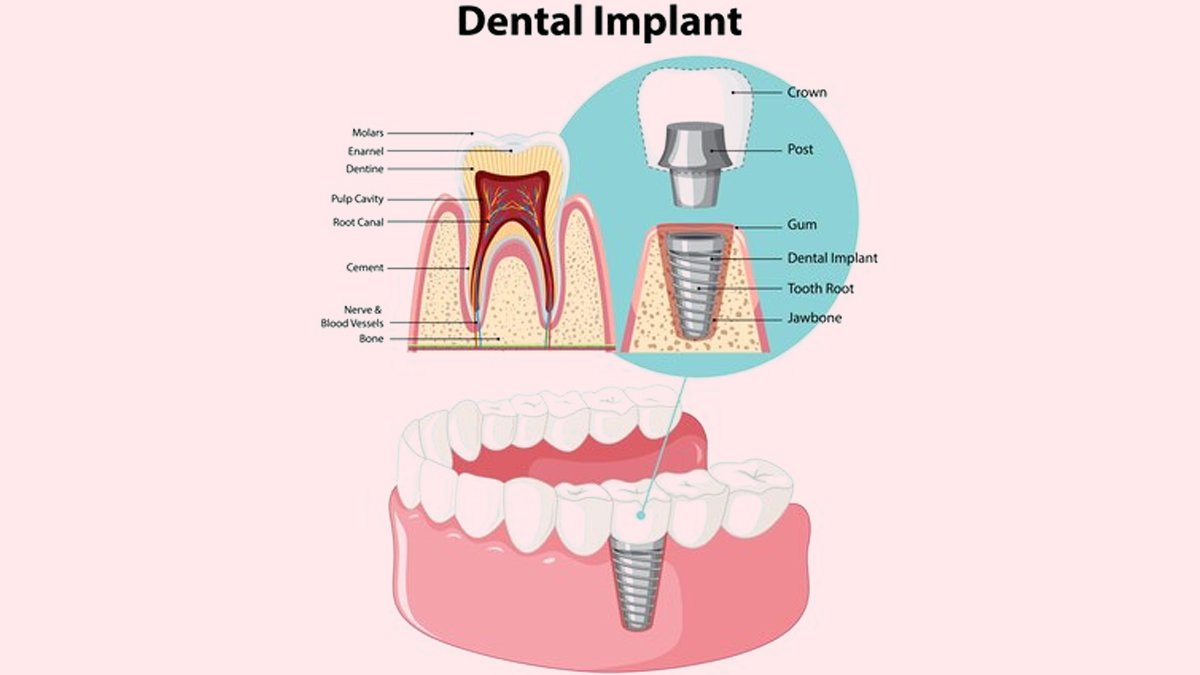
- Stability and Functionality: Dental implants provide exceptional stability. Once inserted, the titanium post integrates with the jawbone through osseointegration, creating a solid foundation for the replacement tooth. This stability allows implants to function like natural teeth, enabling comfortable eating, speaking, and smiling.
- Durability: Implants are designed to last for a long time. With proper care, including good oral hygiene and regular dental visits, implants can last a lifetime. The high-quality materials used in implants, such as titanium and ceramic, are resistant to decay and wear, making them a durable choice.
- Bone Preservation: Implants help preserve jawbone density. When a tooth is lost, the jawbone underneath can deteriorate due to lack of stimulation. Implants stimulate the bone similarly to natural teeth, helping to maintain bone density and prevent the bone loss that often accompanies missing teeth.
- No Impact on Adjacent Teeth: Unlike dental bridges, which require alteration of adjacent teeth for support, implants do not affect neighbouring teeth. As a result, the surrounding teeth remain intact and healthy, preserving their structure and function.
Also Read: How Long Do Dental Implants Last? Expert Insights On Their Longevity And Key Durability Factors
Cons Of Fixed Dental Implants
Here are some drawbacks associated with fixed dental implants, shared by the expert:
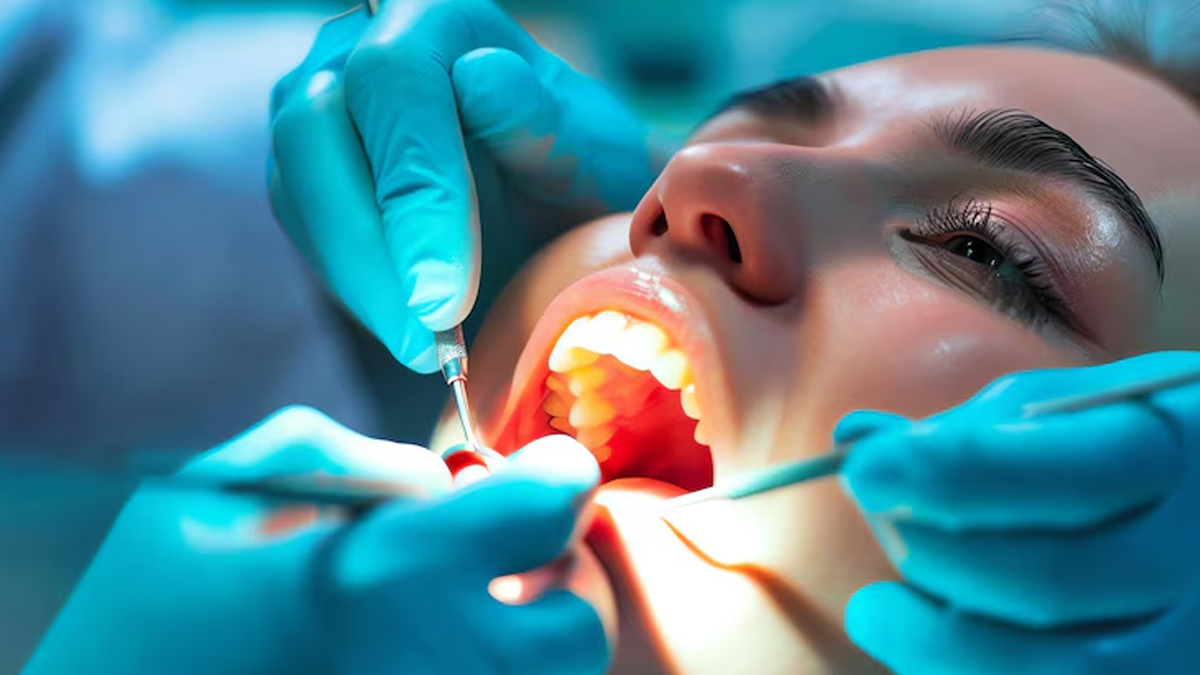
- Cost: One of the main drawbacks of implants is their cost. The procedure involves surgery and high-quality materials, making it more expensive than dentures. Insurance coverage for implants can vary, and the initial investment may be significant.
- Surgical Procedure: The placement of dental implants requires surgery, which involves inserting the implant into the jawbone. This procedure requires a healing period before the final restoration can be placed. The process may involve several months from start to finish, including recovery time.
- Time: The overall timeline for dental implants can be lengthy. From the initial implant placement to the final fitting of the restoration, the entire process can take several months. This extended timeframe is necessary for the implant to integrate properly with the bone and for the restoration to be crafted and fitted.
Removable Dentures
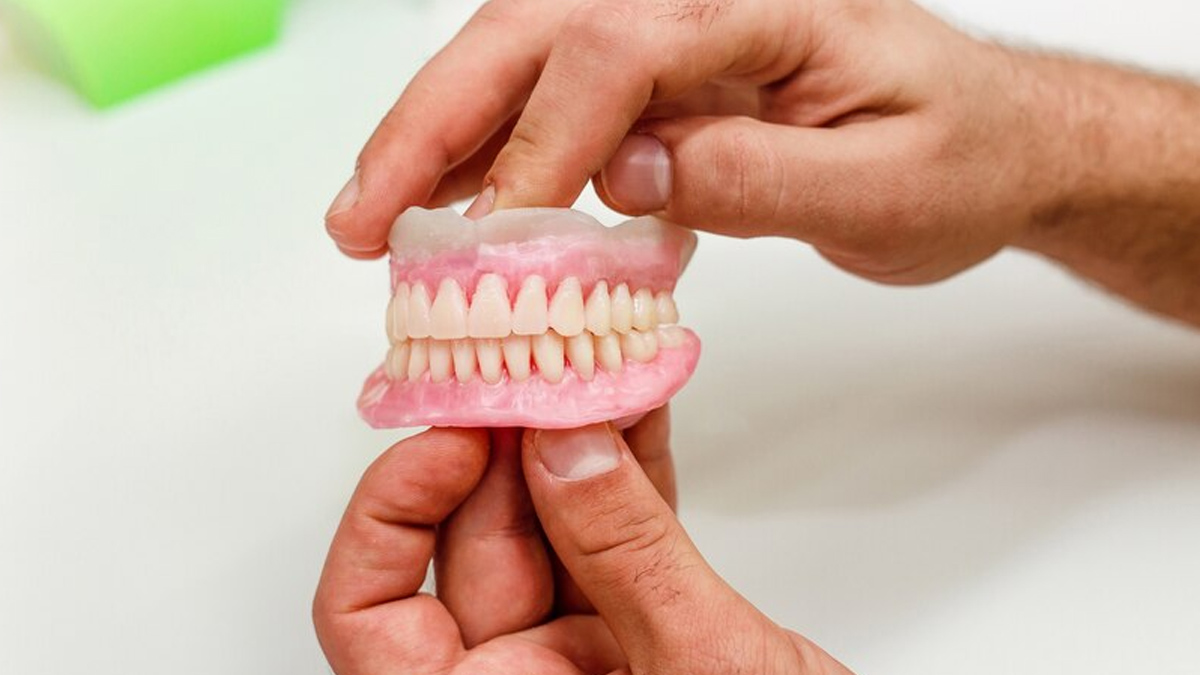
Removable dentures are a traditional method for replacing missing teeth. They are designed to be taken out for cleaning and are fitted to the gums using adhesives or natural suction.
According to a 2024 study, Removable Partial Dentures (RPDs) are supported by the surrounding tissues and remaining teeth. They feature clasps made of cobalt-chrome, titanium, or plastic that securely grip the existing teeth, improving the stability and retention of the denture.
Pros Of Removable Dentures
- Lower Cost: Dentures are generally less expensive than implants. The cost is lower due to the non-invasive nature of the procedure and the materials used. For those on a budget, dentures offer an affordable alternative.
- Less Invasive: The process of getting dentures does not involve surgery. Instead, impressions of the mouth are taken to create custom dentures that fit over the gums. This non-surgical approach can be more appealing to individuals who prefer to avoid invasive procedures.
- Easier to Adjust: Dentures can be adjusted or relined as your gums and jawbone change shape over time. This adaptability makes dentures a suitable option for individuals whose oral structures might shift due to ageing or other factors.
Cons Of Removable Dentures
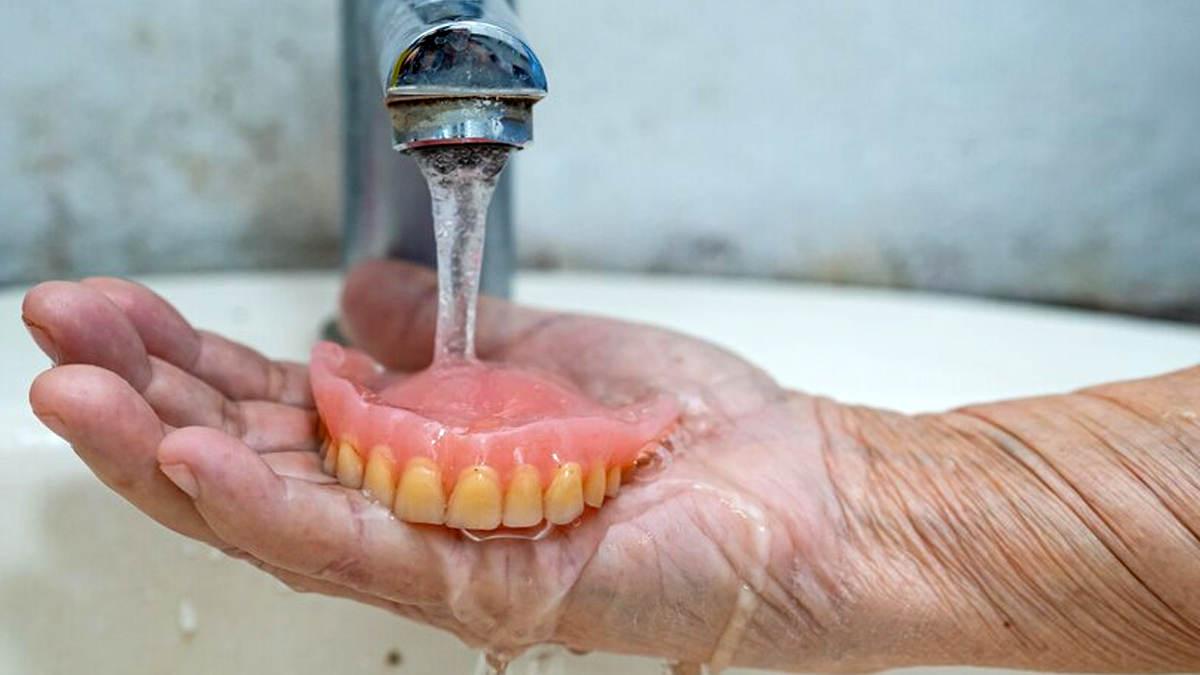
- Stability Issues: Dentures can sometimes be less stable than implants. They may shift or move, especially if not fitted properly, and require adhesives to stay in place. This can affect comfort and confidence, particularly when eating or speaking.
- Bone Loss: Dentures do not prevent jawbone loss. Over time, the lack of stimulation to the jawbone can lead to bone deterioration, which may alter the shape of your face and affect the fit of the dentures.
- Maintenance: Regular maintenance is required for dentures. They need to be removed and cleaned daily to prevent plaque buildup and ensure proper hygiene. Additionally, dentures may need periodic adjustments to maintain a good fit.
Also Read: Red Carpet Smiles: Expert Reveals The Secrets Of Aesthetic Dentistry In Bollywood
Considerations for Choosing
When deciding between dental implants and dentures, consider these expert-recommended factors:
- Oral Health: To place an implant, you must have healthy gums and sufficient bone density. If you have significant bone loss or other dental issues, dentures may be a more viable option.
- Lifestyle: Consider how much maintenance you are willing to handle. Implants typically require less day-to-day care compared to dentures, which need regular cleaning and adjustments.
- Budget: Assess your financial situation and insurance coverage. While implants are a more significant investment, they offer long-term benefits that might justify the higher cost. Dentures are more affordable upfront but may require additional costs over time for maintenance and adjustments.
- Personal Preference: Think about the importance of achieving a natural look and feel. Implants usually offer a more natural appearance and function, but modern dentures have also improved in aesthetics and comfort.
Bottomline
Dr Kengeri concluded, “Consulting with your dentist or oral surgeon is essential for personalised advice. They can evaluate your needs and help you make the best decision based on your oral health, lifestyle, and budget. Understanding the differences between fixed dental implants and removable dentures will guide you to the best solution for your tooth replacement needs.”
[Disclaimer: This article contains information provided by an expert and is for informational purposes only. Hence, we advise you to consult your own professional if you are dealing with any health issues to avoid complications.]
Also watch this video
How we keep this article up to date:
We work with experts and keep a close eye on the latest in health and wellness. Whenever there is a new research or helpful information, we update our articles with accurate and useful advice.
Current Version